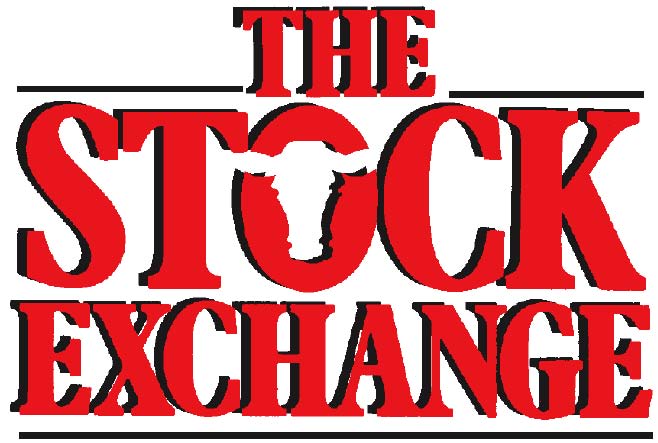More than 600 attend 107th annual event at K-State
MANHATTAN, Kan. – A leading official for one of the United States’ leading providers of cattle genetics told producers Friday that the future is very bright for their industry.
Lorna Marshall, vice president of beef programs for Select Sires of Plain City, Ohio, gave a lively, one-hour talk during the 107th annual Cattlemen’s Day, held at Kansas State University. Officials said there were more than 600 producers from Kansas and nearby states that registered for this year’s event.
“I think the beef industry will have to be very progressive in terms of some of the genetic and reproductive technologies that we adopt to remain competitive within the U.S. market and the global market,” Marshall said. “The neat thing is that the technology is there for us to be very competitive with other protein sources.”
Marshall talked about such advancements as molecular genetics, gene editing, embryo transfer and a better understanding of observable traits (phenotypes) in beef cattle that are helping to move the industry forward.
But, she said, “If you think the change has been dramatic over the last five years, I think it’s getting ready to change at a much faster pace going forward because of several things that are happening to the genetics side of the business from outside pressures that we’re having to work around and adopt.”
Two challenges Marshall talked about were management practices, especially labor involved in raising beef cattle; and consumer’s demands to know how their beef is being raised.
“With social media today, we are more transparent than we ever have been in the past, so we are going to have to be more responsive to consumer demands,” Marshall said. “The cool thing is that with today’s technologies we can positively impact both consumer demands and management practices to make our industry more competitive.”
Marshall added, though, that advancements in genetics are not currently the greatest opportunity for U.S. beef producers: “I think the greatest opportunity in the beef industry is traceability (the ability to follow an animal or group of animals through the supply chain),” she said. “The consumer wants that from us. The side benefit of having a more traceable product is it’s going to identify places where we can be more efficient and a do a better job of meeting the customer’s demands.”
Marshall’s talk was one of the highlights in a day geared to discuss advancements in the beef industry and what the future might look like.
“It’s really impressive,” said Mike Day, head of K-State’s Department of Animal Sciences and Industry, which hosts the event. “I think this is one of those events that is unique to Kansas State and only a few other places, where producers are willing to come to Manhattan and attend these in full force.”
Among other highlights, Oklahoma State University livestock economist Derrell Peel gave an update on the world’s export and import markets for beef cattle, citing access to China as a great opportunity for U.S. producers.
“We don’t have to try to dominate the Chinese market,” Peel said. “Given where it’s at, and how it’s been growing, if we could get 2% or 5% of that market, that’s a really big deal for the U.S. industry. That would be more growth than we’ve seen in any other market in a long time. The Chinese market is a big market, and if you can get even 1% of a big market, that’s a bunch.”
“We are slowly getting back to marketing U.S. beef in China,” he added.
Mike Ehrlich, a cow-calf producer from Marion, Kansas, said he attended Cattlemen’s Day this year to learn about “cattle health and vaccines. And more profitability would always be nice.”
John and Shannon Wertzberger, a husband and wife team who own Wertzberger Ranch Equipment in Alma, Kansas, were among three dozen vendors showing their products. But the Wertzberger’s said they had a little time to visit other booths and gather information for their own cattle operation.
In addition to morning talks by Marshall and Peel, this year’s Cattlemen’s Day offered breakout sessions on reproduction, calving, ruminant digestion, factors influencing the sale of calves, forage sampling and more.
As part of the weekend, K-State also hosted the 50th annual Stockmen’s Dinner on March 5, where Patsy Houghton of McCook, Nebraska, was recognized as 2020 Stockman of the Year; and the 43rd annual Legacy Bull and Female Sale March 6 at the Stanley Stout Center, north of the main campus.
“Cattlemen’s Day allows us to stay in contact with stakeholders,” said Ernie Minton, dean of K-State’s College of Agriculture and director of K-State Research and Extension. “This event focuses on something that we all know is quite important to the state of Kansas and the region, so we’re happy to bring educational programs, highlights on research and other things that bring us into contact with those people.”
For more information on Cattlemen’s Day, visit https://www.asi.k-state.edu/events/cattlemens-day/index.html.
